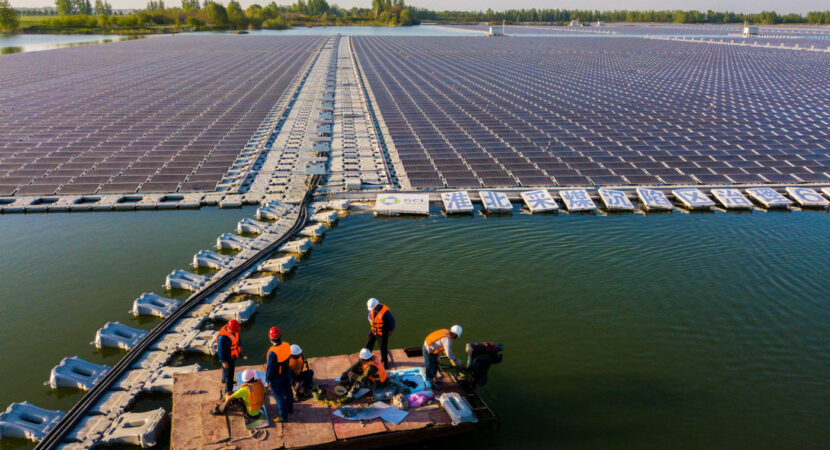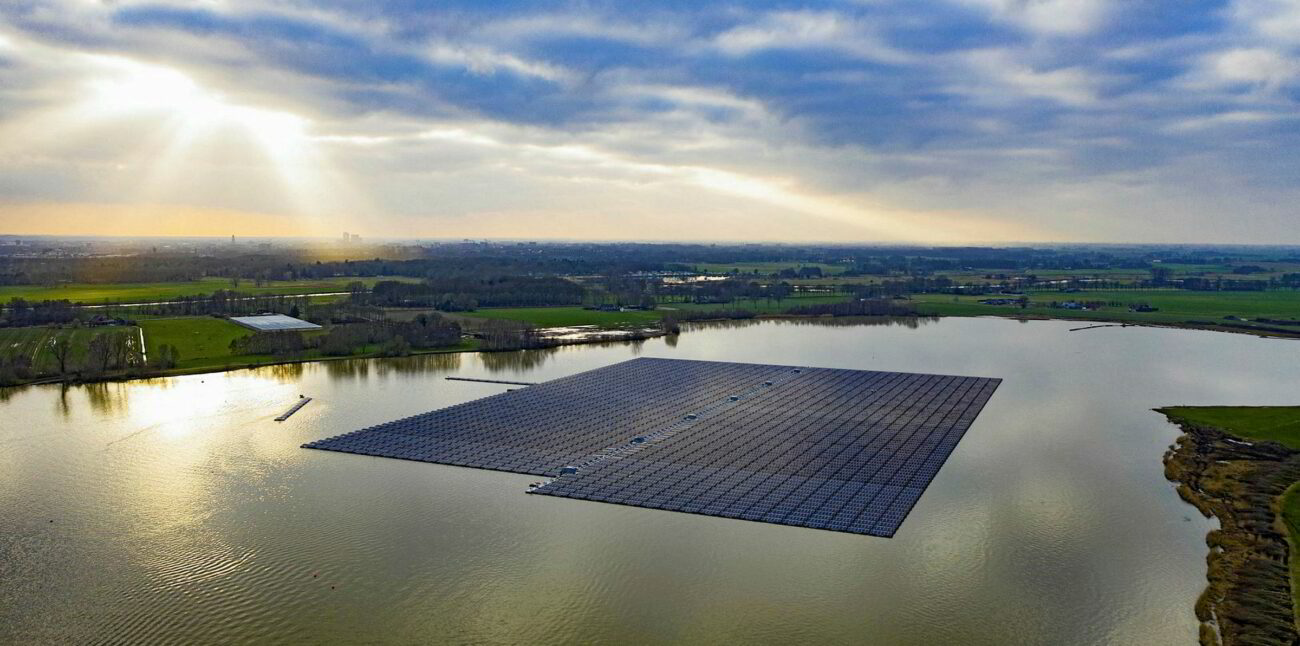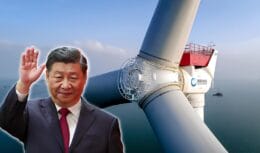
Floating solar power plant can be an alternative to help reduce water evaporation in water reservoirs
According to experts, climate change is behind the severe droughts that have affected some regions of the planet in recent years. Brazil suffered a lot from this problem, forcing ANEEL to increase the price of energy to avoid blackouts. With the sun getting hotter, the water reservoirs evaporate with a greater speed, harming hydroelectric plants. Floating solar energy can help reduce the effects of the problem.
Solar power plant: Strategy thinking about increasing efficiency
The strategy would be to use floating solar energy to generate even more clean energy, while the solar panels prevent the water temperature from rising, decreasing water evaporation. In a 2019 study, ANA, the National Water Agency, analyzed a total of 148 reservoirs across Brazil, in which it was proven that evaporation was the second largest consumption of water, behind only irrigation in farming.
One of the major problems with reservoirs is that some of them flood large areas, forming pools of water. This greatly increases the space where the sun hits with great intensity, increasing even more evaporation.

The deployment of floating solar energy is expected to continue to grow in the coming years. Experts believe it will become the third pillar of solar power, second only to rooftop and ground solar power.
In 2018, a study carried out in Europe and Asia, through the institute Ciel & Terre International, showed that floating solar energy produces a total of 14% more energy than panels on roofs and on the ground. The study also showed that the use of this type of technology reduces water evaporation by up to 70%.
Brazil already has a floating plant
In Brazil, the technology has already been used. It is located at Fazenda Figueiredo das Lages, in the municipality of Cristalina, Goiás. Solar panels are installed on an artificial lake, which is supplied with rainwater. The farm installed a total of 1.150 photovoltaic panels.
Today, the biggest project is in South Korea, on the plains to keep behind a dam. The floating solar panel project is expected to cost a total of $4 billion, which is expected to be commissioned in 2025.












